India’s New BIS Protocol for Sunscreen Formulations
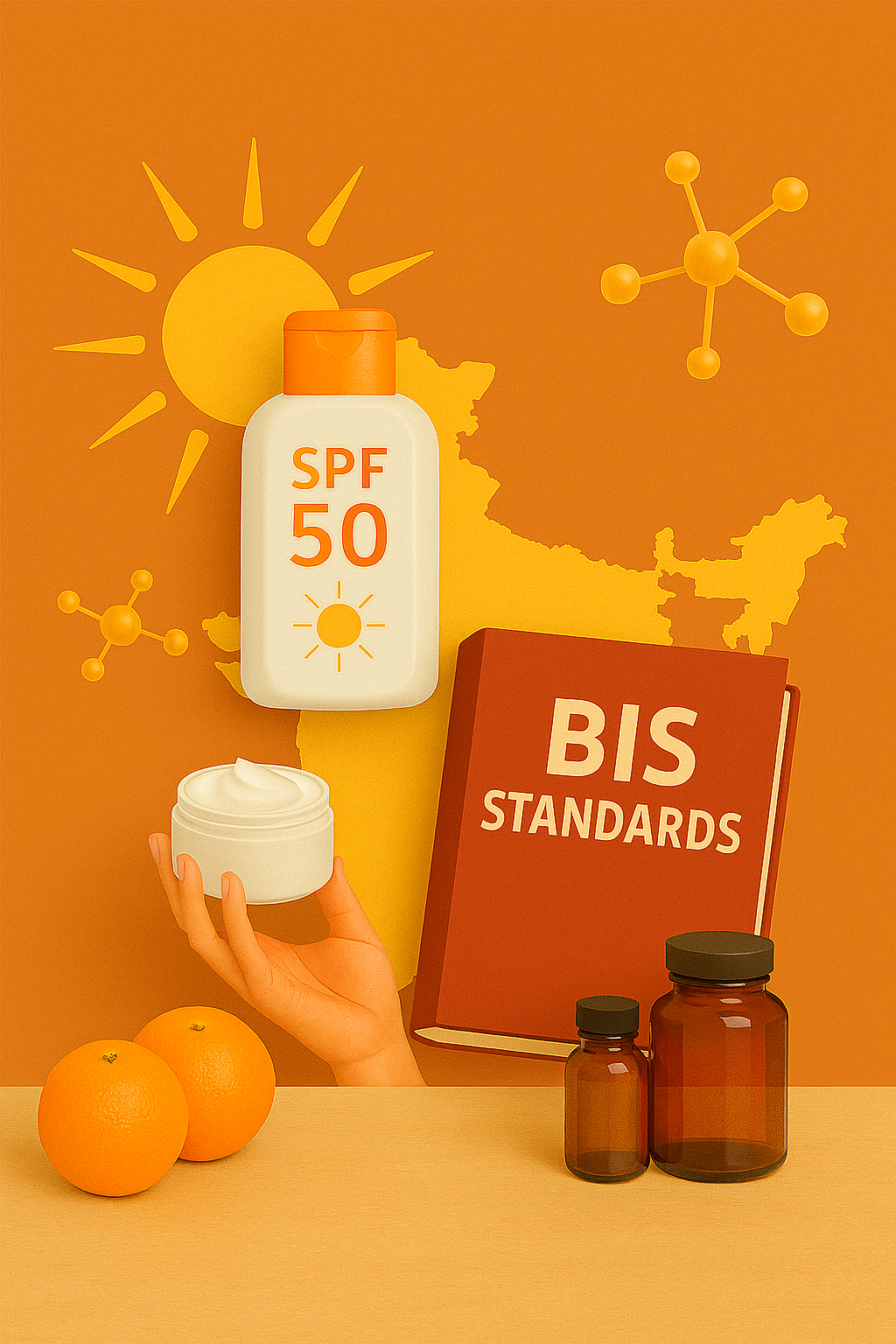
In a transformative move for India’s ₹4,300 crore sunscreen market, the Bureau of Indian Standards (BIS), in collaboration with the Indian Beauty and Hygiene Association, has introduced the country’s first standardized protocol for testing sunscreen efficacy. This new framework not only aligns with global ISO standards but also pioneers a more inclusive approach tailored to India’s diverse skin tones.
Why the New Protocol Matters
For years, Indian sunscreen manufacturers relied on varied, often inconsistent methods to determine Sun Protection Factor (SPF), leading to consumer confusion and unreliable product claims. The new BIS protocol establishes:
– Uniform SPF Testing: All brands must now follow scientifically validated methods to substantiate SPF and UVA/UVB protection claims.
– Global Alignment: The protocol is harmonized with ISO guidelines, ensuring international credibility and benchmarking.
Introducing the Individual Typology Angle (ITA)
At the heart of the new protocol is the Individual Typology Angle (ITA)—a skin classification system based on constitutive pigmentation rather than sun reactivity. Unlike the traditional Fitzpatrick scale (which was developed for Caucasian skin types), ITA offers:
|
ITA Value Range |
Skin Tone Category |
Implication for SPF Testing |
|
< 10 |
Deep pigmentation |
Focus on hyperpigmentation, tanning |
|
10–28 |
Medium pigmentation |
Balanced UVA/UVB protection |
|
> 28 |
Light pigmentation |
Emphasis on sunburn and UV damage |
This shift allows for more accurate sunscreen formulation and testing across India’s vast spectrum of skin tones.
What Brands Must Now Do
Under the new BIS protocol, sunscreen manufacturers are required to:
– Conduct ITA-based SPF testing on diverse skin panels
– Clearly disclose SPF and UVA/UVB efficacy using standardized metrics
– Avoid misleading claims based on outdated or non-representative testing methods
– Ensure formulation relevance for tropical climates and melanin-rich skin
Implications for Consumers and Formulators
For formulators and marketers, it opens new avenues for
– Regionally relevant product development
– Inclusive marketing narratives
– Innovation in hybrid sun care (e.g., tone-correcting, anti-pollution SPF)
A Step Toward Safer, Smarter Sun Protection
With skin health concerns ranging from sunburn and premature aging to pigmentation and melasma, the BIS protocol marks a critical evolution in India’s regulatory landscape. It empowers brands to innovate responsibly and ensures that every skin tone receives the protection it deserves. For consumers, this means greater transparency and confidence in sunscreen efficacy
Subscribe to our free newsletter to read the latest news and articles before they are published.


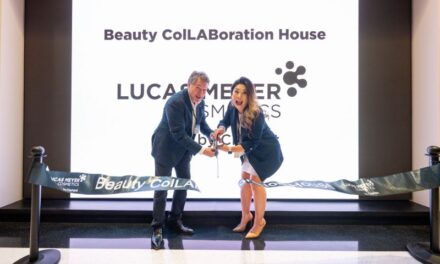



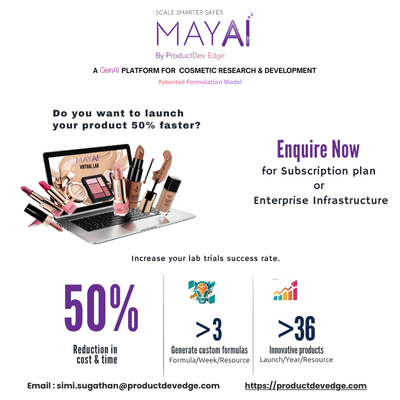

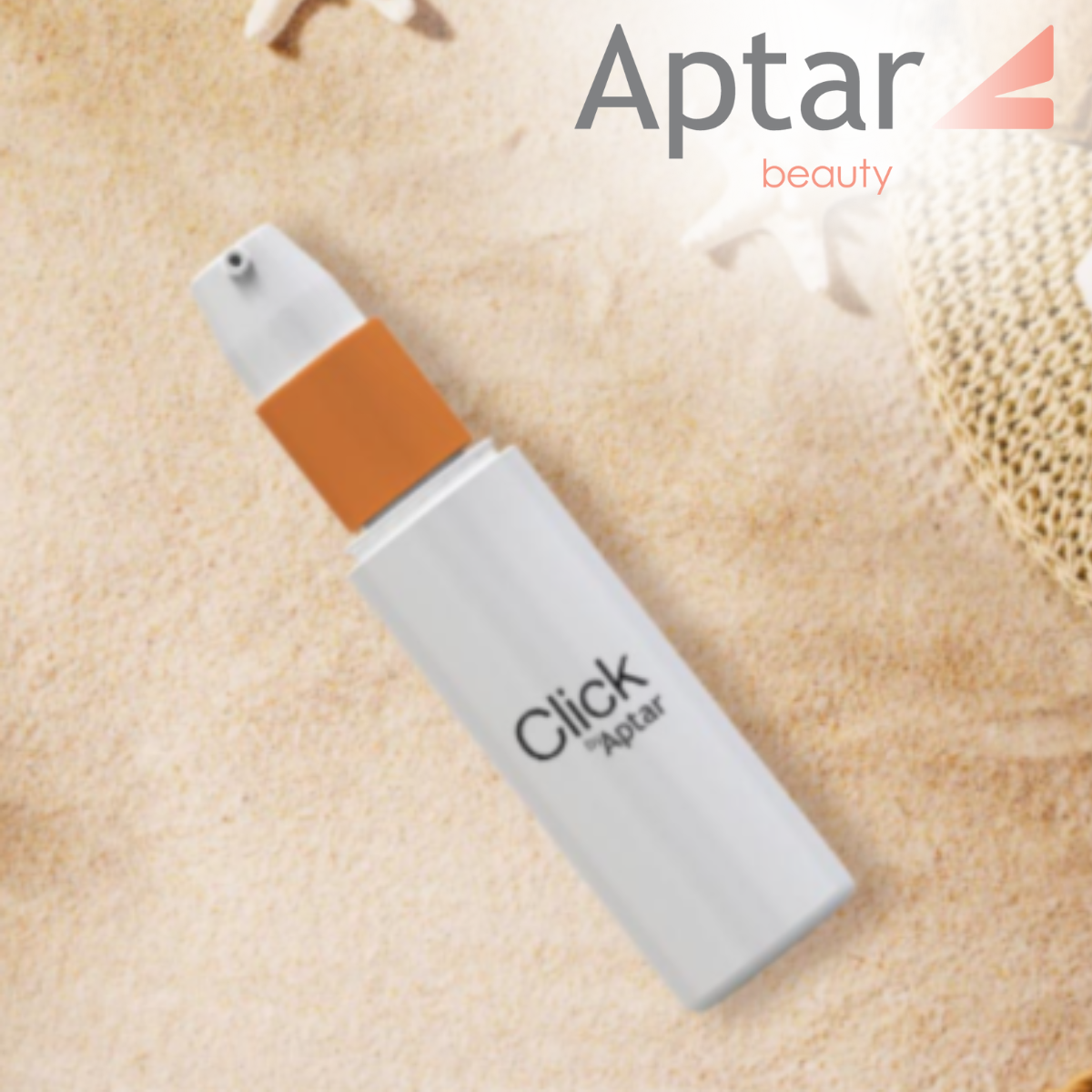
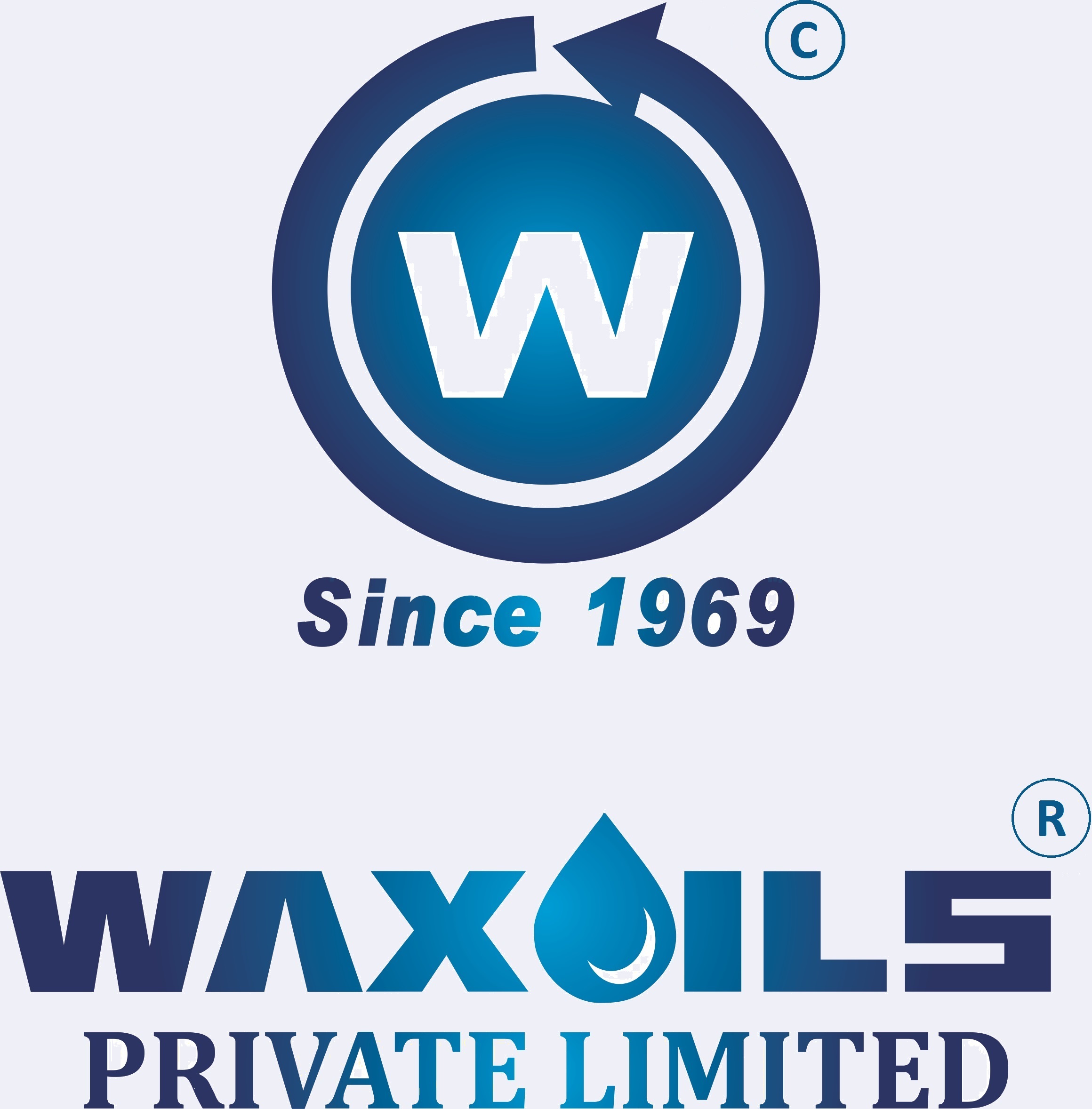
Subscribe To Our Newsletter
Join our mailing list to receive the latest news and updates from The Cosmetics industry
You have Successfully Subscribed!